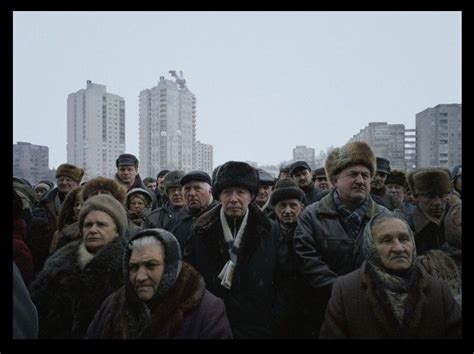A Quote by Wilfred Owen
This book is not about heroes. English poetry is not yet fit to speak of them. Nor is it about deeds, or lands, nor anything about glory, honour, might, majesty, dominion, or power, except War. Above all I am not concerned with Poetry. My subject is War, and the pity of War. The Poetry is in the pity.
Related Quotes
To be honest, I wasn't crazy about the kind of poetry I found in high school English books. I didn't get really excited about poetry until I discovered Lorca in college. If it wasn't for surrealism, I'm not sure I'd have become so involved in poetry. I was attracted by the extravagant imagery and elements of fantasy. This was in the '70s and it seemed to fit the psychedelic mood of the times. I found it liberating.
I never intended to write poems, nor to be a photographer, nor to be a film-maker. I just took many, many pictures and I would put them in an album, and then some years later I decided to show them and suddenly I was called a photographer. Same thing with my poetry. They're notes that I'd written in a book and it may be considered poetry.
So far as I am concerned, poetry and every other art was and is and forever will be strictly and distinctly a question of individuality... If poetry is your goal, you've got to forget all about punishments and all about rewards and all about self-styled obligations and duties and responsibilities etcetera ad infinitum and remember one thing only: that it's you - nobody else - who determine your destiny and decide your fate. Nobody else can be alive for you; nor can you be alive for anybody else... There's the artist's responsibility; and the most awful responsibility on earth.
The Divine Comedy is a political poem and when you say poetry is not about - he's always quoted out of context, that "poetry makes nothing happen," that doesn't mean you shrug your shoulders and don't try to make anything happen. And Dante felt that poetry was engaged, there was a point of view; it's not my point of view, it's orthodox medieval Christianity, and I have my troubles with that. He didn't feel that you could just rule out so important a section of life - we care about these things, and it's out of caring about them that we write poetry.
I have no idea, actually, where I fit in, in terms of poetry camps. At AWP conferences, I have been on panels about humor, collaboration, visual poetry, confessional poetry, gender, and the body, as well as tributes to Edward Field and Albert Goldbarth. I felt at home on all of them - most poets straddle more than one school.



































